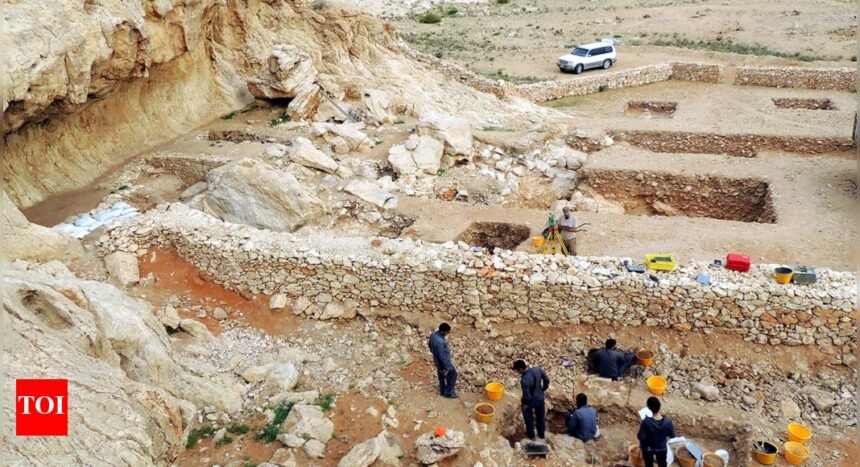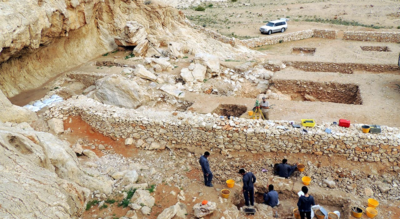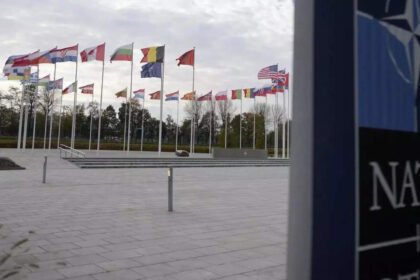Archaeologists have made a groundbreaking discovery at Jebel Faya in the Emirate of Sharjah, unearthing 80,000-year-old stone tools that fundamentally reshape our understanding of early human history in the Arabian Peninsula.This discovery provides compelling evidence that early Homo sapiens were not merely transient in Arabia, they lived, adapted, and thrived in the region over tens of thousands of years. In total, the archaeological record at Jebel Faya reveals an unbroken human presence spanning 210,000 years, an extraordinary continuity rare in the Arabian archaeological landscape.The findings were published in February 2025 in the peer-reviewed journal Archaeological and Anthropological Sciences, and reported by the state news agency WAM on Wednesday. The artifacts were excavated between 2012 and 2017, then studied, dated, and peer-reviewed before the results were made public.
From Ancient Tools to Global Recognition
The significance of the discovery has prompted an important administrative step: Sheikh Dr Sultan bin Muhammad Al Qasimi, Supreme Council Member and Ruler of Sharjah, has issued a formal decision approving the boundaries of the Al Faya site for nomination to the UNESCO World Heritage List.According to the official decree, the location, boundaries, and area of Al Faya, as outlined in the approved map, are now formally nominated as a cultural heritage site. A final decision on the site’s inclusion is expected at UNESCO’s 47th session, scheduled for July 7–16, 2025, in Paris.Currently, the UAE has one UNESCO World Heritage Site: the Cultural Sites of Al Ain, which were added in 2011.
What the Tools Reveal About Early Humans
The tools found at Jebel Faya are not ordinary. Researchers identified an advanced technique called bidirectional reduction, a complex method requiring carefully executed strikes at both ends of a stone core to create elongated blades and flakes.“This wasn’t random knapping,” explained Dr Knut Bretzke, a lead archaeologist on the project.“Bidirectional reduction required foresight. It’s like a chef filleting a fish, each strike intentional, each angle calculated. The goal was to maximise material efficiency, preserving the raw stone for future use. It reflects deep environmental knowledge and an extraordinary level of cognitive skill.”These multipurpose tools were designed for:
- Hunting
- Butchering animals
- Processing plant materials
- Crafting other implements
This diversity indicates that for these early human groups, technology was both a survival tool and a form of cultural expression.The presence of such tools during Marine Isotope Stage 5a (MIS 5a), a period of dramatic environmental change when monsoons from the Indian Ocean turned Arabia’s deserts into verdant grasslands, lakes, and rivers, shows that humans not only survived but adapted successfully to the shifting climate of the region.
Collaboration, Science, and Cultural Vision
The excavations at Jebel Faya were part of an international research project led by the Sharjah Archaeology Authority (SAA) in collaboration with universities from Germany and the United Kingdom. The project was funded by the German Research Foundation and the Heidelberg Academy of Sciences.Using luminescence dating, researchers were able to establish a nearly continuous timeline of human presence at the site from 210,000 years ago to 80,000 years ago. This suggests that early humans across this 130,000-year period either remained at the site continuously or returned to it repeatedly, even as environmental conditions fluctuated.“The discoveries at Jebel Faya show that resilience, adaptability, and innovation are among the most defining traits of humanity,”said Eisa Yousif, Director of the Sharjah Archaeology Authority.“These tools reflect a profound relationship between people and their land. As we advance our efforts to nominate the Faya Palaeolandscape for UNESCO recognition, we are reminded of how our shared past continues to shape who we are and who we may become.”







